
Editor's Note: This story originally appeared on Point2.
Selling your home might not be as tricky as buying it was, but there are still several things that can go wrong if you take your eye off the ball.
Setting the listing price for your home is one of the most challenging things to come to grips with, so finding the right balance is essential.
If you overprice your home, you open yourself up to several problems beyond being unable to sell it.
With that in mind, let’s look at the most significant risks before examining some telltale signs that you’ve overpriced your home.
Main Disadvantages of Overpricing Your Home

Of course, the biggest problem with overpricing your home is that it just won’t sell.
But there’s more to it than that, with the following issues potentially having repercussions even after you’ve adjusted the listing price.
1. A Poor First Impression

First impressions matter, especially when you’re selling your home.
A new listing always generates interest among buyers, but if it’s overpriced compared to similar properties, buyers are more likely to swerve it altogether.
Nowadays, buyers have more tools than ever to help them browse homes, so it’s easy for an overpriced house to stick out.
2. It Sets False Expectations

If you manage to encourage buyers to visit your overpriced home, their expectations will likely be high.
When they visit, they may soon realize that the additional features and amenities that should justify the higher price aren’t there. This creates a negative impression, and you won’t hear back from them.
3. Your Home Will Languish on the Market
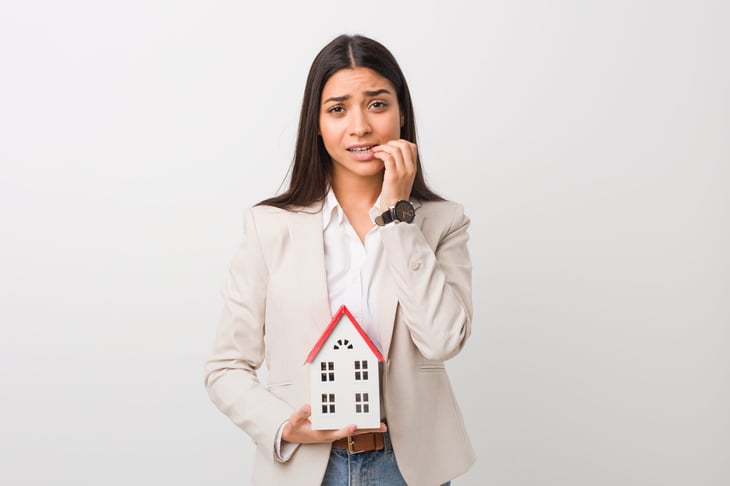
Homes that have been on the market for a long time tend to be unappealing to buyers.
They’ll most likely wonder what might be wrong with any property that’s been on the market for over a couple of months or so.
Buying a home is a long and complicated process at the best of times. So, buyers are unlikely to want to exert time and energy on a home that could be problematic.
4. Your Listing Might Not Show Up in Searches

Buyers tend to only browse the listings that match what they’re looking for. Listing services typically make it easy to implement various filters.
Most importantly, buyers can search for properties that fit their budget. Having done their research, they probably know how much comparable properties in your neighborhood should be and will filter accordingly.
If your home is overpriced, your listing simply won’t show up in their search results.
5. You’ll Give Your Competition a Boost

By overpricing your home, you’re actually doing your competition a favor.
Buyers looking at two very similar properties will normally gravitate towards the cheaper option, especially if you have no extra features to justify the price.
Instead of viewing your property, it’s only natural that they’ll choose the more affordable home in the belief they’re bagging a bargain.
6. You’re Inviting Low-Ball Offers

For a buyer looking to bag a bargain, a house that has been on the market for a long time is an invitation to submit a low-ball offer.
It’s a typical negotiation tactic that gives the buyer all the power. Indeed, if no one else will buy your home, you’ll want to sell it for less rather than not at all.
This could easily see you losing money, though.
7. Appraisal Problems
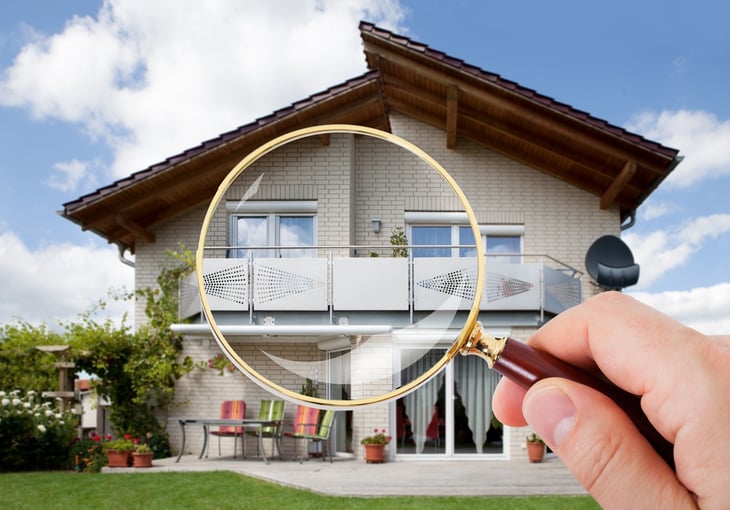
If you find a buyer who agrees to your price, there’s a good chance the sale may still struggle. Buyers taking out a loan must have the house appraised before the lender agrees to offer them a mortgage.
If your home is priced higher than the appraised market value, the lender will likely refuse to cover the loan, taking you and the disgruntled buyer back to square one.
8. An Overpriced House Has Hidden Costs

The longer your house stays on the market, the more the hidden costs will mount up. Here are some of the main problems:
- Storage costs: If you’ve decluttered and have the bulk of your possessions in storage, you’ll need to keep paying storage costs until you’re able to move out.
- Renovation costs: If you’ve renovated before selling but are living in your house for another few months, signs of wear and tear will begin to show, and you’ll probably have to carry out more renovations.
- Staging: Ensuring your house is clean and staged for viewings is also time-consuming and can be costly.
- Market fluctuations: House prices are constantly in flux, rising and dropping as the months go on. The longer your house is listed, the greater the chance that its value could drop.
These hidden costs can all add up, meaning you’re losing even more money while your home struggles to sell.
How Do You Know If Your Asking Price Is Too High?

Now that you know the dangers of overpricing your home, how can you tell if your asking price is too high? Here are a few pointers.
1. Your Price Is Based on What You Originally Paid

One common mistake sellers make is setting their listing price based on the price they originally paid plus the cost of upgrades and renovations.
However, the market value has likely changed in the meantime, meaning homes in your area may not be selling for as much as you paid.
Not only that but any upgrades and renovations you’ve made will likely show signs of wear and tear after a while.
It’s essential to look at comparables to get an accurate idea of what your home is really worth. Also, be sure to consult with professionals who have a good idea of current market trends and values.
2. You’re Relying on an Agent’s High Price
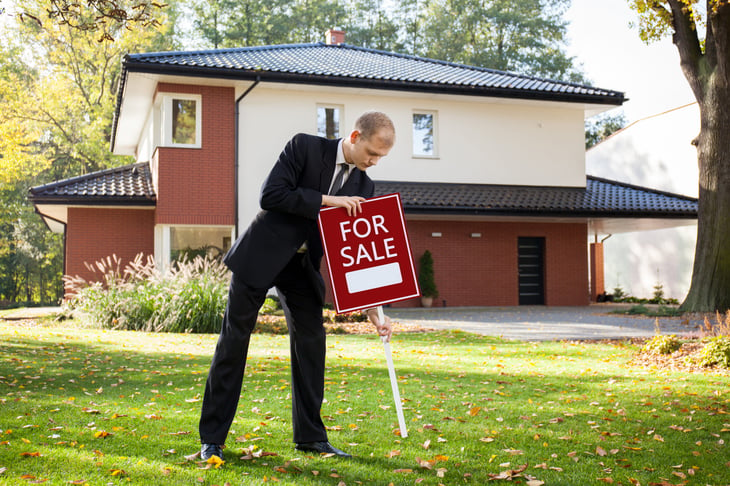
It’s always a good idea to hire a real estate agent to help you sell your home. But it’s important to do your own research, too, at least by checking comparables.
Unfortunately, some unscrupulous agents may suggest a higher asking price to grow their portfolio.
Often representing both buyers and sellers, such agents will show potential buyers your expensive house and, when they express concerns, suggest a cheaper listing in their portfolio.
This will be more appealing, and they’re likely to buy the more affordable option. Everybody wins, except you.
Do your research, and be sure to hire a reputable listing agent. A good agent will let you know if they think the asking price is too high and suggest solutions rather than insisting they’ll find a buyer regardless.
3. Your Listing Price Is Much Higher Than Your Neighbor’s
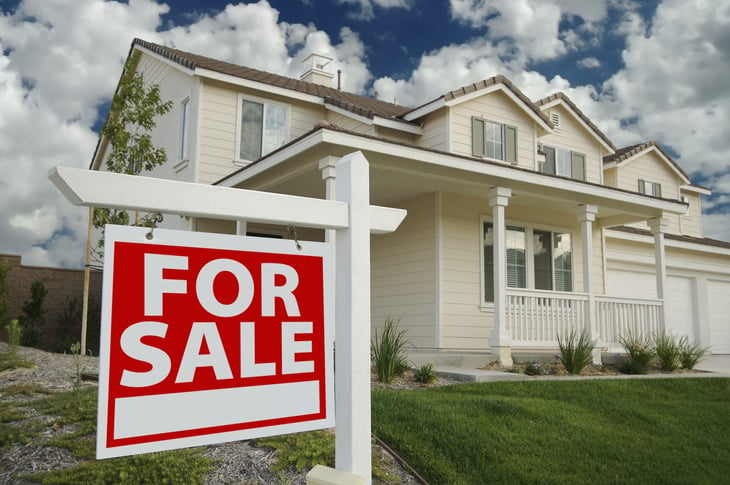
Looking at comparables before you list your home will allow you to double-check that you’re in the right ballpark.
If comparable properties are selling for much less than you’ve planned, there’s a good chance you and your agent have got it wrong.
4. No One Is Coming To Visit
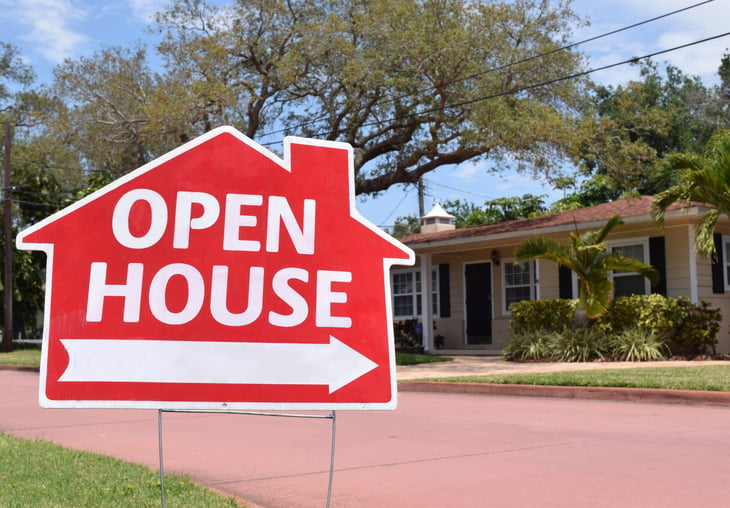
One surefire way to know that your home is overpriced will be the worrying lack of people coming to view your home.
Assuming that you have an attractive ad and there’s nothing majorly wrong with the house, the lack of views can only be down to the price.
5. Too Many Low-Ball Offers

If all the offers you’ve had are well below your asking price, it’s a clear sign that buyers see your home as overpriced.
A little negotiation is expected in any sale, but consistent low offers are a worrying sign.
6. Your Home Is Still on the Market

Selling a home takes time, but if yours has been on the market for several months with very little buyer interest, it’s almost certainly overpriced. It’s a vicious circle.
The longer your home is on the market, the less appealing it is to buyers. The less appealing it is, the longer it will stay on the market.





Add a Comment
Our Policy: We welcome relevant and respectful comments in order to foster healthy and informative discussions. All other comments may be removed. Comments with links are automatically held for moderation.